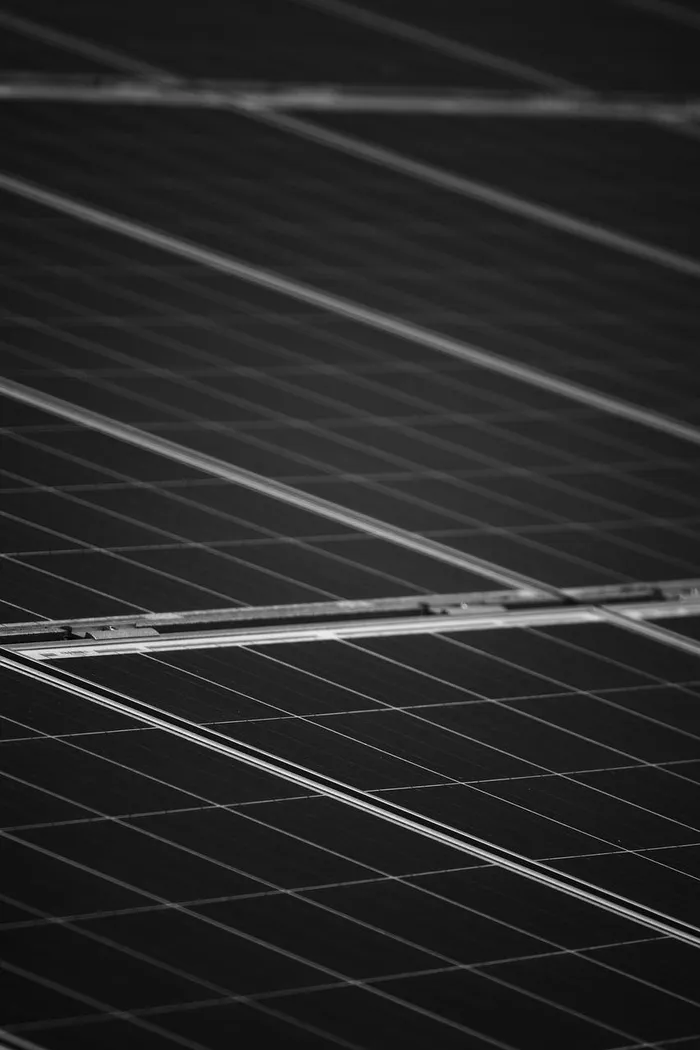Granville, MESL sign MoU to develop Africa’s first 1GW floating solar power plant at Nigeria’s Kainji Dam

Granville Energy, a pan-African renewable energy company, has signed a Memorandum of Understanding (MoU) with Mainstream Energy Solutions Limited (MESL) to develop Africa’s first gigawatt-scale floating solar power plant at Kainji Dam in Nigeria.
Image: Pixabay
Granville Energy, a pan-African renewable energy company, has signed a Memorandum of Understanding (MoU) with Mainstream Energy Solutions Limited (MESL) to develop Africa’s first gigawatt-scale floating solar power plant at Kainji Dam in Nigeria — one of the continent’s most ambitious clean-energy projects to date.
Under the agreement, Granville Energy will serve as developer and constructor of the project, with Mainstream Energy Solutions as the power off-taker responsible for purchasing and distributing the generated electricity. The partnership marks a defining moment in Africa’s renewable-energy journey, laying the foundation for a new model of large-scale, hybrid solar-hydro generation led and executed by African companies.
The phased project will begin with a 100-megawatt (MW) floating solar installation valued at $110 million, expanding to 1 gigawatt (GW) at full capacity with a total investment of $1.1 billion. Once complete, it will become both the largest floating solar power plant and the largest single solar power plant on the African continent, as well as one of the largest floating solar projects in the world.
“Africa has the resources, the talent, and the vision to lead the global energy transition. This project is just the beginning, a proof point that world-class renewable systems can be conceived, built, and operated here on the continent,” said Tabi T. Tabi, the CEO of Granville Energy.
“Floating solar at this scale is a first for Africa. Combined with local manufacturing, drone-assisted monitoring, and smart logistics, this project becomes a platform for African-led innovation in renewable energy,” added Tabi T. Tabi. “This partnership will drive inclusive growth by empowering African talent, enhancing energy access, and enabling sustainable economic development.”
This initiative supports Africa’s decarbonisation goals, reduces reliance on fossil fuels, and advances the African Union’s Agenda 2063 vision for inclusive, sustainable growth powered by clean energy.
BUSINESS REPORT